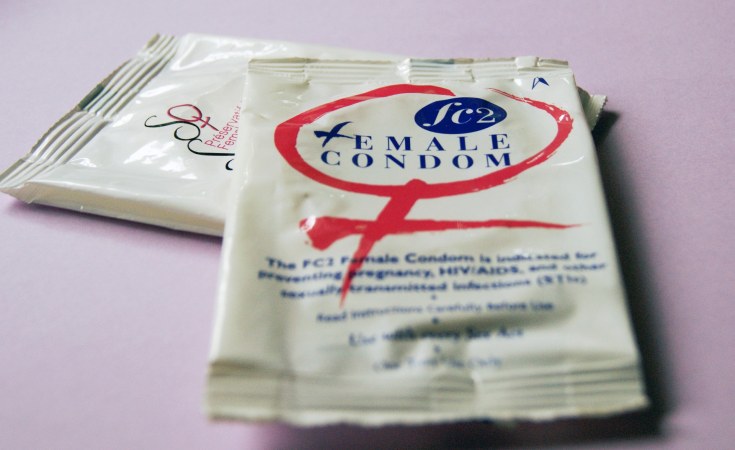In Uganda, the national HIV prevalence is currently 5.1% with alcohol consumption significantly contributing to this public health crisis.
Research shows that individuals who drink alcohol are more likely to engage in high-risk behaviors, such as unprotected sex.
A study published in the Journal of Acquired Immune Deficiency Syndromes (JAIDS) found that 62% of HIV-positive individuals reported binge drinking, leading to increased vulnerability to infection.
Dr. Bernard Bagaya, Scientific Director at IDI Laboratories, explains the biological link: "HIV thrives on hungry and angry T cells," emphasizing that alcohol impairs the immune system, allowing the virus to replicate more easily.
This weakened immune response makes individuals more susceptible to HIV infection, highlighting the urgent need for targeted public health interventions.
Organizations like The AIDS Support Organization (TASO) are addressing this issue through awareness campaigns that link alcohol abuse to HIV transmission.
Paul Mutegeki, a public health scholar in Uganda working among key populations asserts, "We must combat the HIV epidemic by educating communitues about the negative impact of irresponsible drinking in regard to HIV and the importance of safe sex practices."
A comprehensive approach is crucial for reducing HIV prevalence and improving health outcomes for at-risk populations in Uganda.


